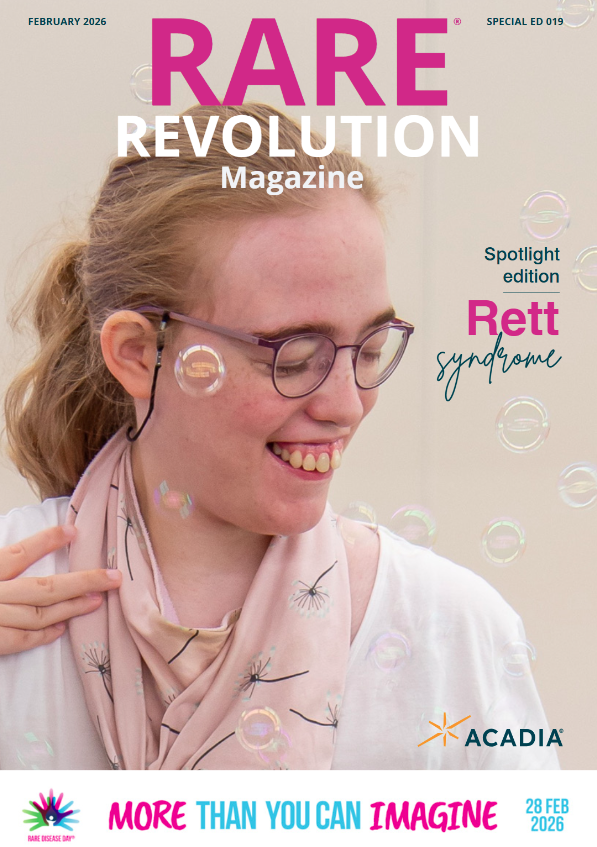DREAMS: a year of innovation and progress in the quest for neuromuscular disease therapies

(30 October, 2024) – The DREAMS project holds its second annual meeting in Brussels, showcasing first-year progress and establishing a solid foundation for future innovation in neuromuscular disease treatment.
The DREAMS project— Drug Repurposing with Artificial Intelligence for Muscular Disorders — has successfully concluded its inaugural year with significant advancements in the fight against rare neuromuscular diseases. This international consortium, which convened on October 25th in Brussels for its second annual meeting, has made remarkable strides in foundational research and clinical trial development, laying the groundwork for potential breakthroughs in treatments for five debilitating conditions that affect over 400,000 individuals worldwide.
Notable Achievements and Developments
Utilizing a pioneering approach, DREAMS combines advanced artificial intelligence, pluripotent stem cell technology, and innovative pharmacological screening methods to explore new treatment possibilities. Throughout its initial phase, the project team has made significant strides in creating cellular models for these five neuromuscular diseases. These models are expected to play a crucial role in enhancing our understanding of disease mechanisms in the coming years.
Collaboration with clinicians and patient associations is as well a cornerstone of the DREAMS initiative. In line with this collaborative spirit, the project has successfully identified several European patients impacted by these conditions and established efficient logistics for reprogramming their blood samples into induced pluripotent stem cells (iPS). This groundwork supports the development of a robust methodological framework for upcoming clinical trials, utilizing novel “basket” and “seamless” trial designs that foster close collaboration among a diverse group of clinicians and expert patients.
In tandem with these efforts, significant advancements in artificial intelligence (AI) have been made, allowing the team to predict drug targets and mechanisms of action more effectively. This state-of-the-art AI research is set to accelerate the identification of promising therapeutic candidates, with multiple scientific publications already in progress to showcase these advancements.
Reflecting on the project’s achievements, Professor Xavier Nissan, coordinator of DREAMS, stated, “The first year of the DREAMS project has been an incredible journey. We have not only achieved significant milestones but have also laid the foundation for breakthroughs that will shape the future of neuromuscular disease treatment. Our collaborative approach, combining cutting-edge research with AI-driven innovation, is positioning us to make meaningful contributions to the field”.
Future Outlook
Moving forward, the DREAMS project remains committed to transforming early successes into clinical solutions that improve patient outcomes. The second year of the project will be pivotal, as new cellular models will be utilized to decode the mechanisms of these diseases and initiate the drug screening process. This unique data set will enable the full harnessing of AI to advance toward clinical applications.
In the second year, the DREAMS project will focus on several key developments expected in the coming months:
• Advancing Disease Modelling: The team will utilize a comprehensive collection of myogenic cells derived from iPS cell lines to study common pathological features and explore autophagy defects in these diseases.
• Drug Screening: The project will initiate drug screening targeting autophagy, alongside the development of a second screening based on disease modelling progress.
• Clinical Trial Preparation: The team will intensify efforts to design patient-centred clinical trials, with the first draft of trial protocols expected soon.
• AI-Driven Drug Target Discovery: Continued development of AI algorithms to predict drug targets will accelerate, potentially yielding early outputs of candidate drug targets and new indications.
About DREAMS
DREAMS is a Horizon Europe-backed research initiative aimed at transforming the treatment landscape for rare neuromuscular disorders (NMDs) through innovative AI-driven drug discovery. The project seeks to identify shared therapies for multiple rare NMDs, addressing the scientific, regulatory, and economic challenges of drug development. It is driven by an international consortium of nine organizations led by I-Stem (France) and includes Kantify (Belgium), The Institute of Myology (France), Center for Neuroscience and Cell Biology – University of Coimbra (Portugal), The Technion – Israel Institute of Technology (Israel), Samsara Therapeutics (UK), Assistance Publique – Hôpitaux de Paris (France), AFM-Telethon (France), and Zabala Innovation (Spain).
More on DREAMS Project:www.dreamshorizon.eu


